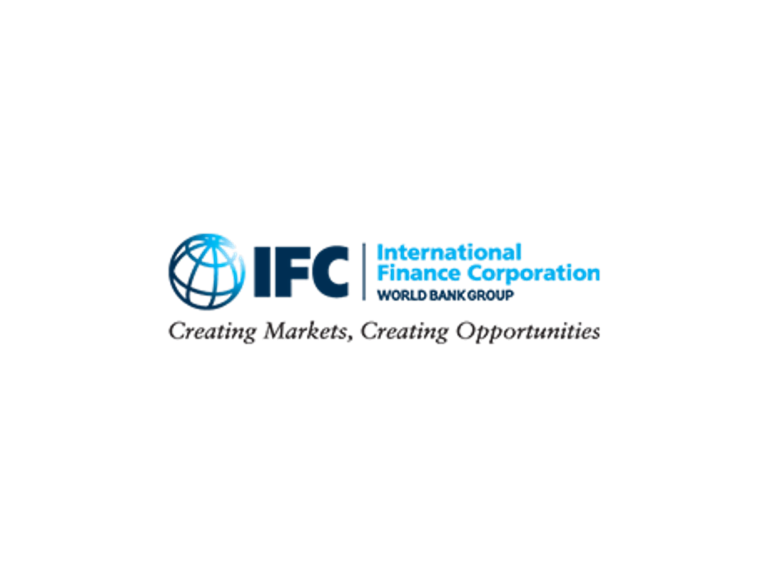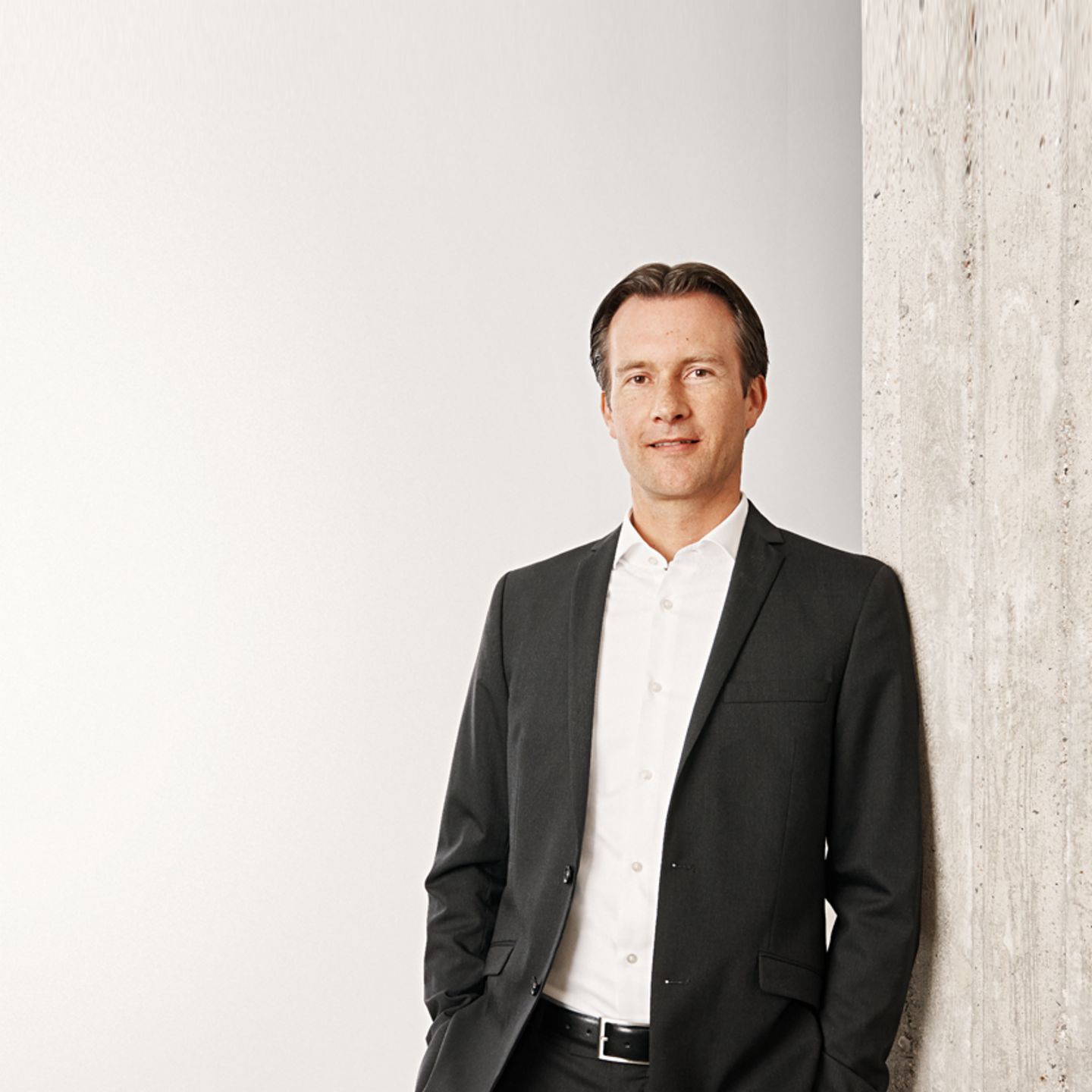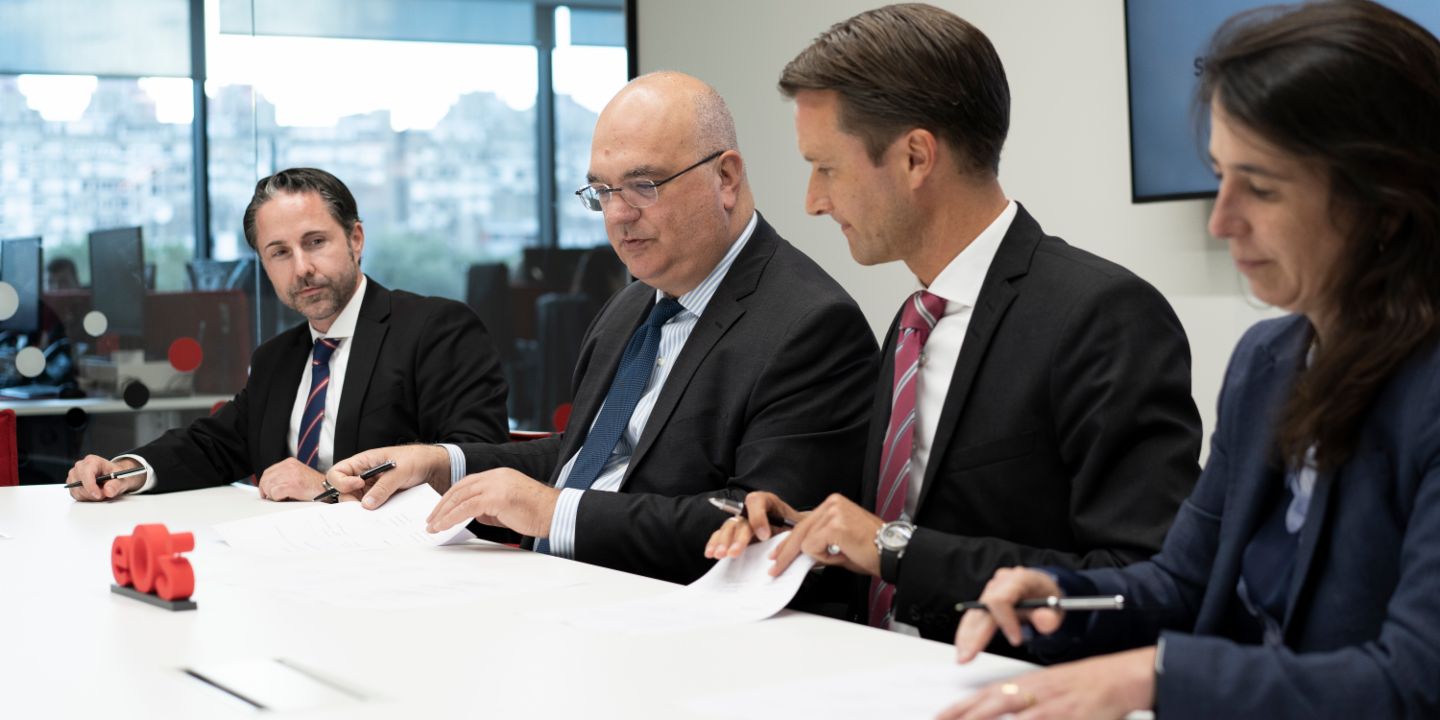Sustainable investment in practice: IFC and EOS launch platform for non-performing loans and distressed real estate in Eastern Europe.
- EOS and IFC boost economy in Eastern Europe with shared platform
- Purchase and processing of non-performing loans and distressed real estate in Croatia, Serbia, Romania, and Bosnia and Herzegovina
- Investment volume of €129 million over three years
- EOS underpinning social, environmental and governance aspects in the NPL business
Is it possible to help restore liquidity to struggling companies and stimulate ailing economies, while taking account of social and environmental risks?
EOS and World Bank affiliate “International Finance Corporation” (IFC) have stepped up to prove that it can be done.

The IFC – a member of the World Bank Group – is the largest global development institution focused on the private sector in emerging markets. For almost 70 years, it has been investing its capital and its expertise in more than 100 countries, to strengthen private companies and financial institutions in emerging economies. In fiscal year 2022, IFC invested the record-breaking sum of $32.8 billion towards meeting these goals to end extreme poverty and boost shared prosperity as economies grapple with the impacts of global compounding crises. IFC launched DARP (Distressed Asset Recovery Program) in 2009 in response to the global financial crisis. This program supports the acquisition and resolution of distressed assets, giving individuals and companies the opportunity to refinance and restructure. EOS and IFC first partnered in the distressed assets space back in 2010. For more information, visit www.ifc.org.
Joint NPL platform for Eastern Europe.
Their joint investment platform DARP NPL EOS II provides an opportunity for banks and financial institutions in Bosnia and Herzegovina, Croatia, Romania and Serbia to mitigate the risks they are exposed to as a result of non-performing loans. In this context, the focus is on the purchase and resolution of real estate-secured receivables or real estate-owned assets, i.e., property from foreclosures. However, the launch of the platform is also the starting signal for a unique new collaboration between IFC and EOS that can significantly advance the issue of sustainability in the financial sector. Together, EOS and the IFC are investing €129 million in the new DARP platform for Bosnia and Herzegovina, Croatia, Romania and Serbia over a three-year period. Because in these countries in particular, investment in NPLs is urgently needed. "The joint venture established with EOS is an integral part of IFC’s response to the COVID-19 crisis. By resolving NPLs, we aim to help financial institutions in Bosnia and Herzegovina, Croatia, Romania, and Serbia free up capital, increasing liquidity and averting a prolonged credit crunch.”, says Vittorio Di Bello, IFC's Regional Head of Industry for Financial Institutions in Europe
Liquidity for struggling economies.
Governments in these countries have attempted to counteract an increase in the NPL rate due to the pandemic through debt relief measures and favorable repayment terms, for example. Following a brief period of recovery starting in 2021, the economic situation has deteriorated again, especially due to the war in Ukraine. The result is a growing number of “stage 2 loans”, which represent a significant credit risk. The ability to resolve non-performing loans is a crucial factor in stabilizing financial systems. Consumers and companies can normalize their liabilities, and in turn, banks and investors can get the liquidity they desperately need to finance new loans or projects. In brief, by selling non-performing loans they can focus on their core business.
EOS fleshes out its sustainability credentials.
EOS, in turn, is not just strengthening its business in the region, says Carsten Tidow, Member of the EOS Group Board of Directors with responsibility for the region of Eastern Europe: “A crucial aspect of the collaboration is to take account of environmental, social and governance aspects when selecting and processing NPLs and real estate.” IFC has developed its own performance standards for environmental and social matters which EOS will incorporate into its processes. These put the avoidance of environmental damage, the fair and socially responsible interaction with borrowers, and the protection of cultural assets on a par with operational and financial goals.

A crucial aspect of the collaboration with IFC is to take account of environmental, social and governance aspects when selecting and processing NPLs and distressed real estate.
Sustainability risks identified before purchase.
Even before their acquisition, debt portfolios or individual assets are subjected to an ESG screening. This allows risks to be identified in good time, with a view to avoiding environmental problems and reinforcing the issue of social compatibility in the NPL business. Typical examples of this are real estate on contaminated sites or companies with inadequate employment, health or safety standards. “As a member of the Otto Group, we have long endeavored to put sustainable economic practices at the heart of our work,” says Carsten. This aspiration is taking an even more concrete form through the project with IFC. “IFC and EOS have a long-term approach to invest and develop distressed assets markets in emerging economies. Their combined strength — robust capital backing, operational capacity, and expertise — will help provide a strong NPL resolution outlet in target markets, in line with IFC’s Performance Standards on environmental and social aspects.”, summarizes Ariane Di Iorio, Chief Investment Officer & Global Head, Distressed Asset Recovery Program, IFC.
Collaboration based on partnership.
On September 20, 2022, EOS and IFC formalized their cooperation at an official ceremony. The signing of this agreement is the result of long and intensive preparations:
As part of its due diligence process, the IFC conducted a very thorough and meticulous investigation into the EOS Group and its working methods, regulations, internal processes and ESG provisions. Only after this review had delivered a positive result from the IFC’s perspective was it possible to set up the platform for the collaboration. To this end, a completely new investment structure had to be developed for EOS, says Jan Ottenbreit, Director Transactions and Asset Management at EOS Group. The need to identify competent service providers and get them on board, compile contracts and set up processes has been “a huge yet highly instructive experience,” says Jan: “It was a bit like building a house, where you don’t buy a prefabricated house but construct it yourself brick by brick. It’s a lot of hard work but it feels all the better afterwards.”

Above all, when all participants are on the same page. “During this entire time, the cooperation between IFC and EOS was based on a spirit of trust and partnership,” says Lars Naundorf, Principal Counsel, EOS Corporate Legal. “And we all had the absolute resolve to carry this complex project through to its successful conclusion.”
It has been a success for EOS, for the IFC, but also for the objective of sustainable and fair receivables management.
Photo credits: Nemanja Maraš, IFC, Benne Ochs
Preskúmajte viac od EOS




